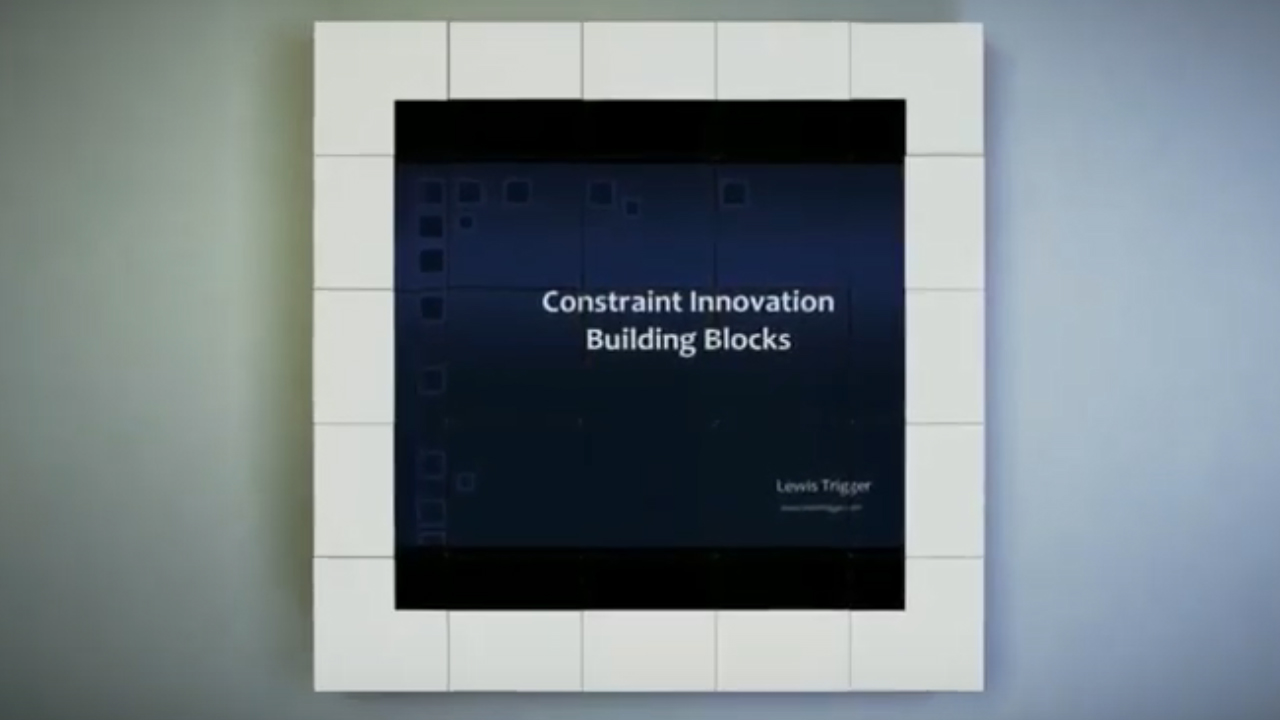Unlocking Value: Process Constraint Management
UniSA’s Process Constraint Management course assists managers to achieve bottom-line and capacity improvements quickly and at little or no cost. At the same time, using this method avoids capital expenditure by getting more from the existing system.
In today's competitive marketplace, all levels of management are constantly under pressure to achieve more with what they have and sometimes less. This course is designed to support senior and middle managers who are responsible for effectively delivering goals. International expert Lewis Trigger shares common sense, practical solutions, drawn from the advanced management doctrine Theory of Constraints, to address the challenge of “Unlocking Value” via leveraging your Constraints. The Process Constraint Management course provides an essential tool for managers who are responsible for improving throughput, reducing backlogs and process lead times, or reducing and simplifying expediting in an operating system.
Understanding this management tool will help you to reduce the vulnerability of operations or projects to unexpected changes. By focusing on effectiveness, the Theory of Constraints avoids cost-cutting drives and therefore improves workforce morale and pride in the quality of work.
This 2-3 day program is aimed at managers and leaders who wish to excel in key management areas with an emphasis on operations and resource allocation and improvement.
For those organizations that have invested in Lean, Process Constraint Management complements lean efforts by focusing those efforts on where it counts most, namely the organisation's constraints.
UniSA Business is the only business school in South Australia accredited by both AACSB (Association to Advance Collegiate Schools of Business) and the EFMD Quality Improvement System (EQUIS) – the world’s leading accreditation bodies recognising excellence in business and management education. This double accreditation demonstrates achievement of the highest international standards across teaching and learning, research, and stakeholder engagement, as well as a commitment to continuous improvement into the future.
Business schools that earn these accreditations must undergo a rigorous review process undertaken by peers in the business education community and industry, to ensure they have the resources, credentials and dedication to deliver first-rate programs, knowledge creation and positive impact on business and society.
These standards support UniSA Business to deliver on its mission, to innovate and engage, and to lead the business education community worldwide.
Program Benefits
Individual benefits
- Learn to focus your time to get the most from your available resources, without delaying or avoiding investment in added resources and simplifying and better targeting problem solving and improvement activities.
- Gain an understanding that will enable you to increase throughput, reduce lead times, increase inventory turns, improve quality and reduce waste.
- Learn how to deliver projects on time, in cost and in scope or reduce shut down times and aligning maintenance programs to operational needs.
- Readily apply principles to improve effectiveness in any business context.
![]()
Organisational benefits
- Ensure sustainable growth and profit by unlocking hidden value within existing resources.
- Enhance service levels, greater inventory turnover and shorter lead times.
- Improve quality by focusing our corrective and preventative actions on what counts most.
- Create a shift in thinking from localised efficiency towards overall system effectiveness.
- Focus management efforts and resources to maximise impact and enhance teamwork and job satisfaction.
![]()
Key Information
| Dates |
Delivery Location | Cost (ex. GST) | Who this is suited to |
|
Future course dates TBA
|
UniSA Business Online via Zoom |
2 day program $1,995 3 day program $2,960 * Available for applications made before TBC. UniSA Alumni rates apply, please enquire for more details. |
Mid-senior leaders and managers |
What others are saying
“This course was one of the best structured training courses I have attended. It is very relevant and the practical aspects were effective tools.”
- Nick Porter, Senior Manager, Hill Defence Products
“I can honestly say that was the best experience and workshop I’ve been to in a very long time. The information I was able to gather from the workshop has answered questions I’ve been searching for answers to for a very long time. It was incredibly informative and presented in a very enjoyable fashion, I loved it.”
- Steven Crewe, QLD State Lean Manager, Schweppes
"Within a month of completing the training, the throughput of product through our production constraint increased by 50%."
- Andrew Meek, CEO, AWBell
What you can expect
Emphasis is placed on the active involvement of the participants with an emphasis on their working environment. As part of the workshop, the participants will be divided up into work groups, with each group being assigned a challenging area from at least one of the participants working environment. Each group will be required to illustrate the practical relevance of the learning to their nominated case study. Exercises are extensively used, and group learning through open discussions is encouraged. Reliable case studies that have shown great success using this methodology are used throughout the workshop.
Course Outline
Day 1: The building blocks
- Theory of Constraints introduction including key tools such as the ‘Current reality tree’
-
Significantly improving performance via leveraging the Constraint
- Learn how to define realistic and effective targets for key processes
- Understand ‘Evaporating Clouds’ that assist in identifying the constraint and developing a creative solution.
- The six steps for unlocking value within existing resources:
- Defining the System’s Goal
- Identifying the constraint (the Bottleneck)
- Exploiting the Constraint
- Subordinating to the Constraint and how to rearrange others to what you need to maintain 100% of the constraint
- Elevating the Constraint and how to innovate to get greater than 100%
- Identifying the new Constraint - continual improvement loop.
Day 2: Key Performance Measurements and Synchronised Scheduling
- Understand the powerful set of performance measures which tie local decisions to the overall performance of the system being managed and how these measures reinforce behaviours which improve overall system performance.
- Develop the skills to apply the 4 key operational areas of decision – infrastructure investment, make or buy, inventory build-ups, and product mix.
- Understand the scheduling tool ‘Buffer Management: Drum – Buffer – Rope that is applicable to any environment that requires synchronization of shared resources, be manufacturing, maintenance, service oriented, or a multi project environment.
- Learn how to apply scheduling rules in an on-screen simulation in which throughput can only be maximised by effectively scheduling the rate at which tasks are presented to available resources to be processed.
Day 3: Managing the “Critical Chain” (optional)
- The key to project success is in identifying and mangaging the true critical path of a project, i.e. the 'Critical Chain'.
- The value and innovative uses of Safety Buffers on a project’s true critical path
- The advantages of Project Buffers in contrast to Task Buffers
- Synchronizing shared resources in a dynamic multi project environment using the Drum-Buffer-Rope solution
- Managing project bottlenecks.
Learn more about Day 3 Critical Chain Project Management here.
Assessment
Practical class exercises during the course structure with no formal assessment.
Cancellation Policy
The University of South Australia reserves the right to cancel events and issue refunds. In the event that an attendee cannot attend, a substitute is welcome to attend in their place. No refunds will be given unless 21 days notice is given in writing prior to the date of the planned event. If less than 21 days the fee can be used for the same course at a later stage, or another course of the same value.





